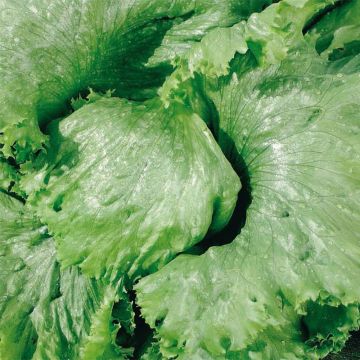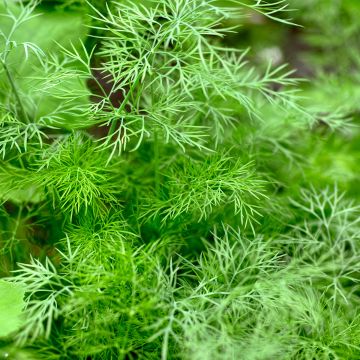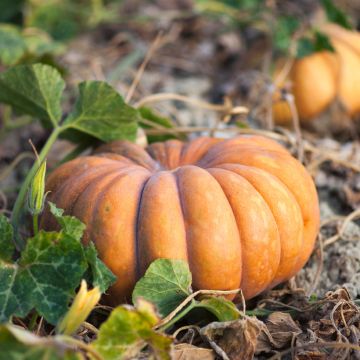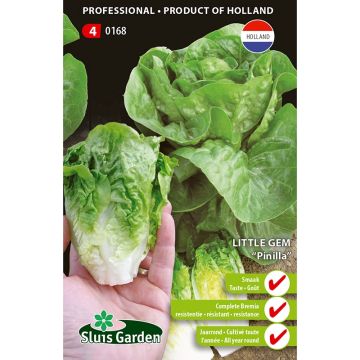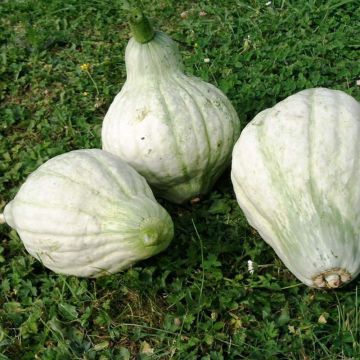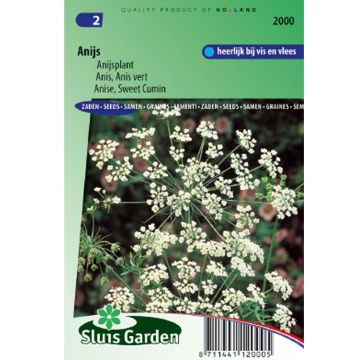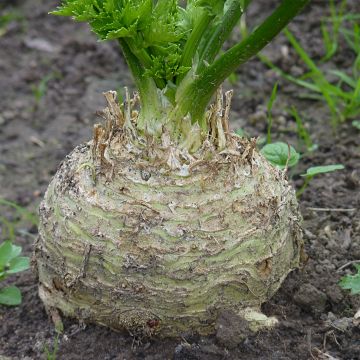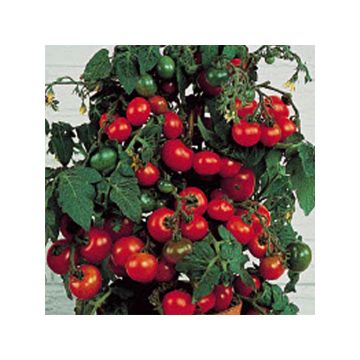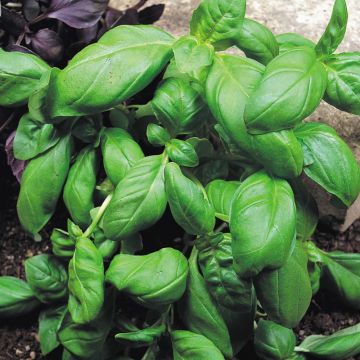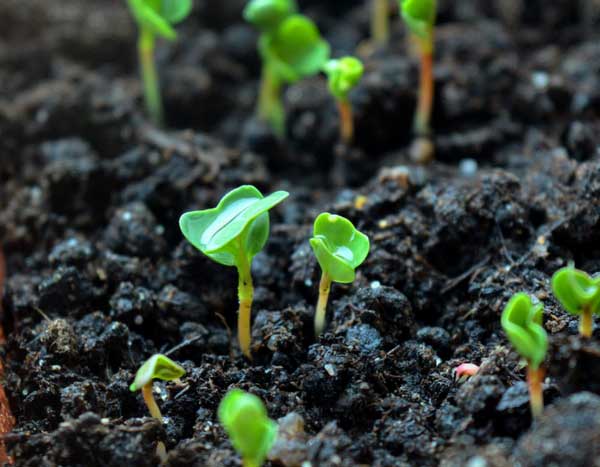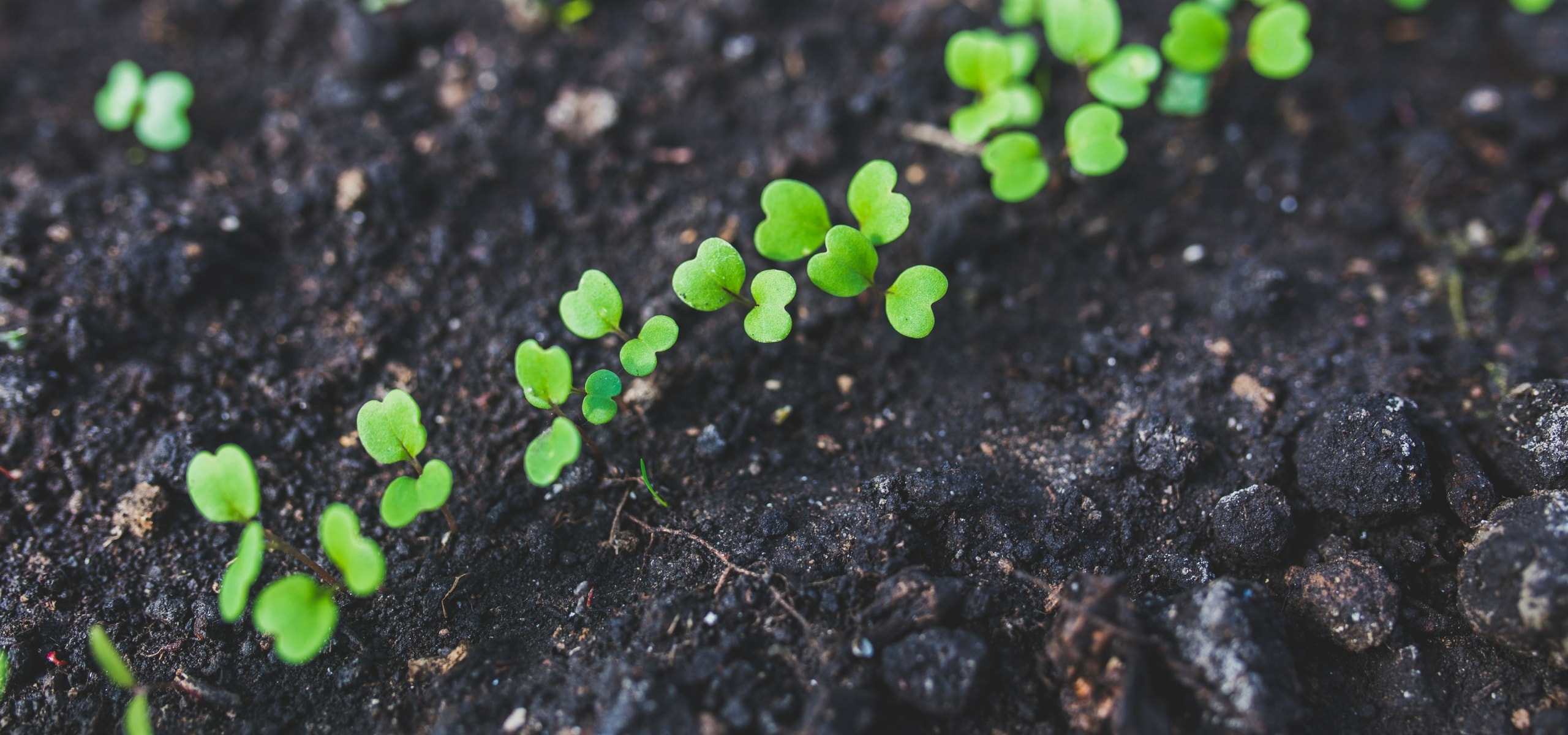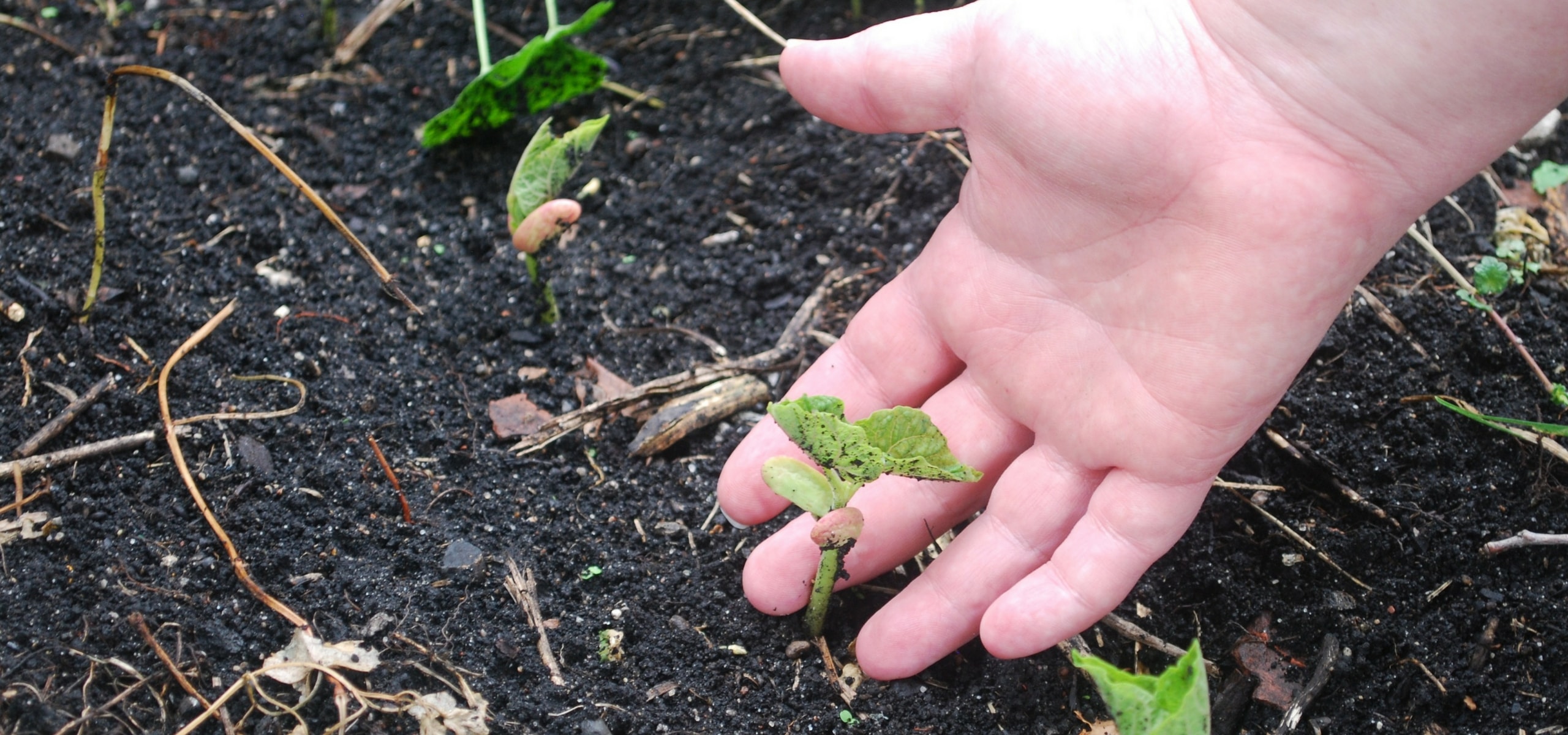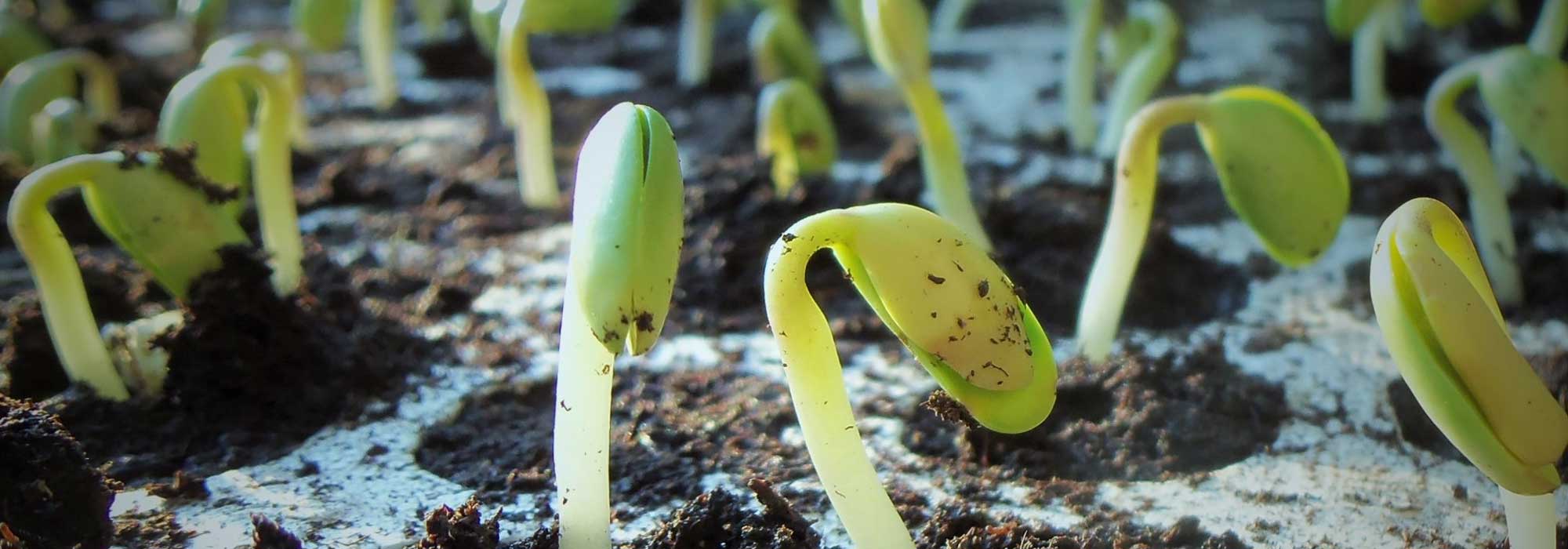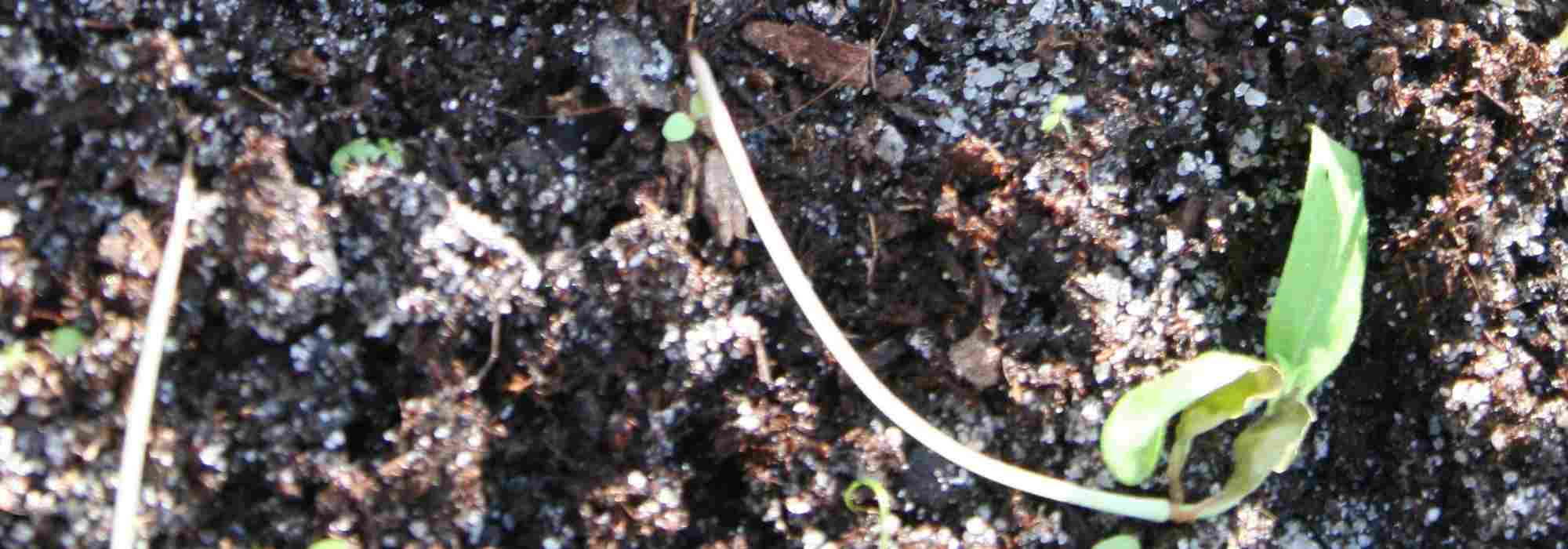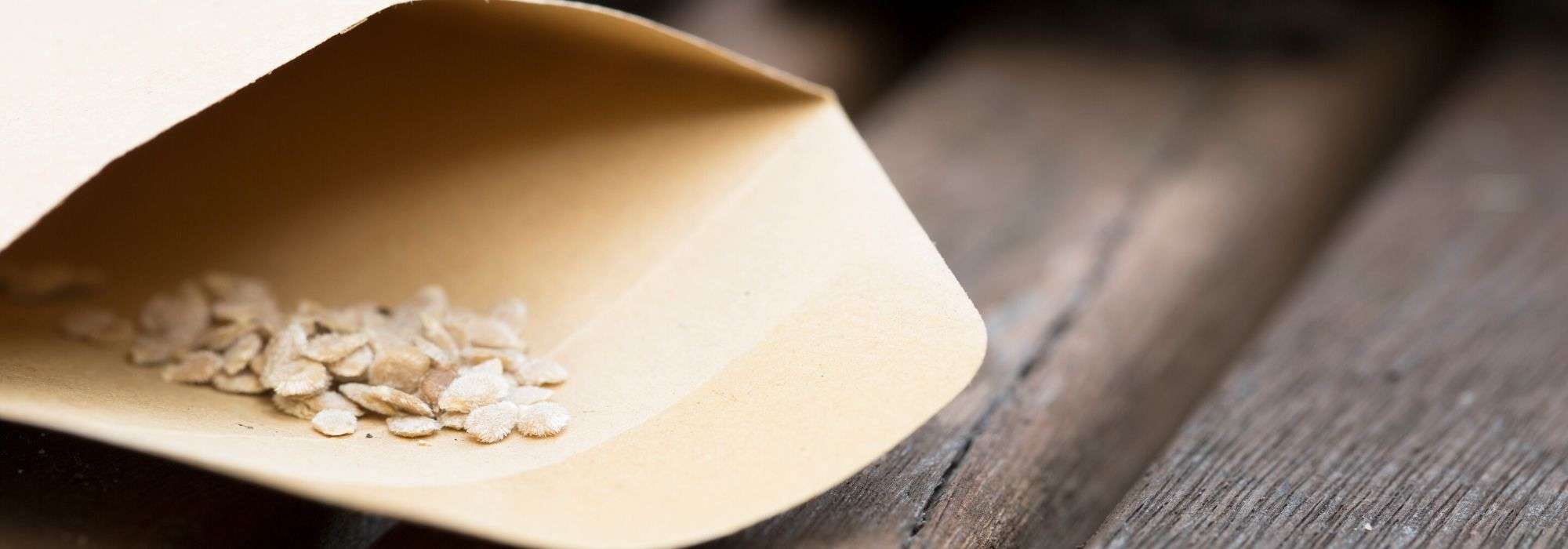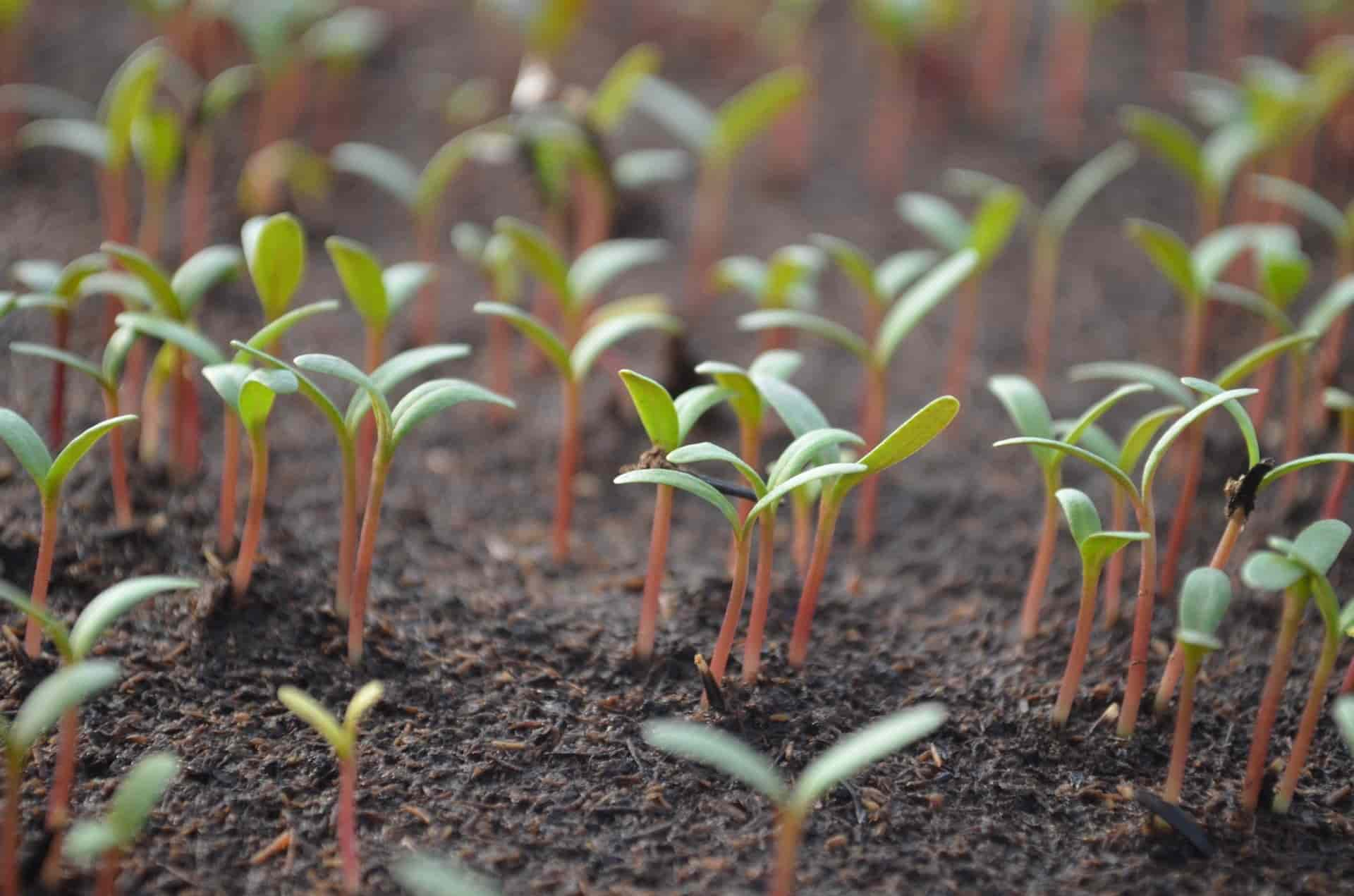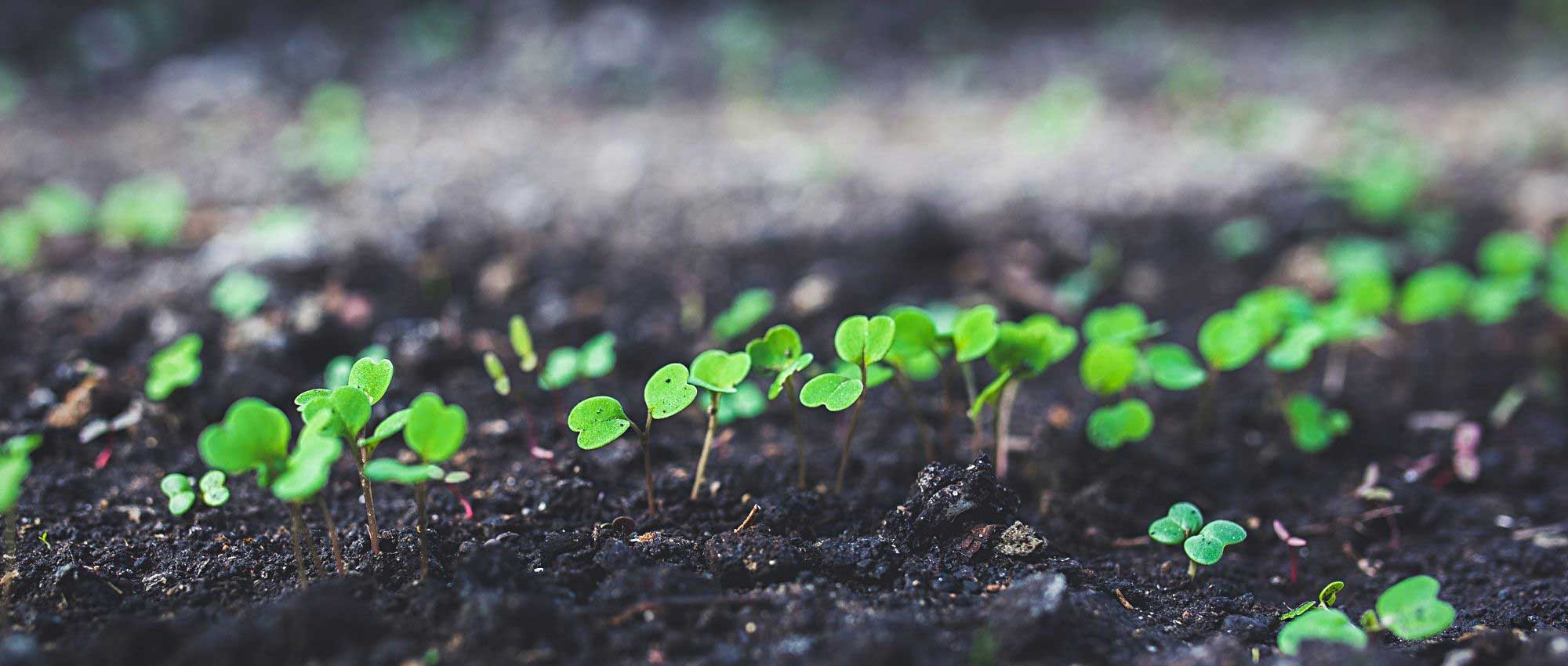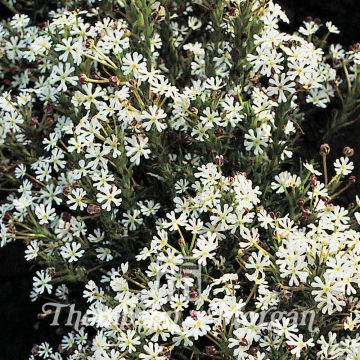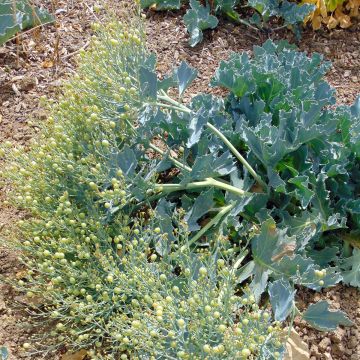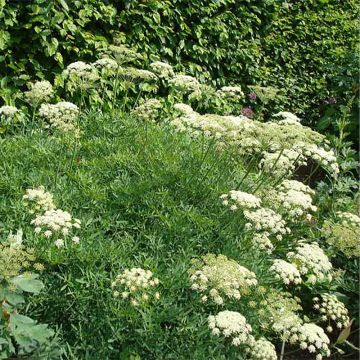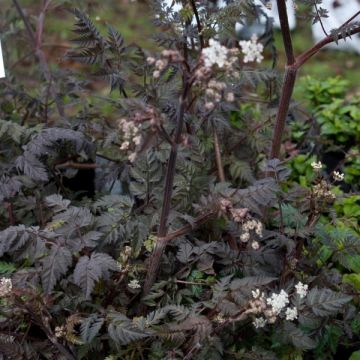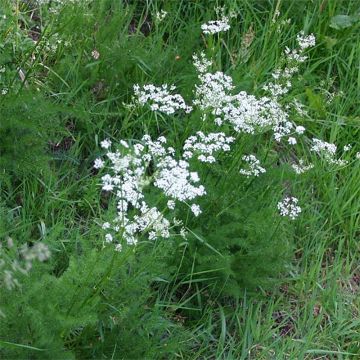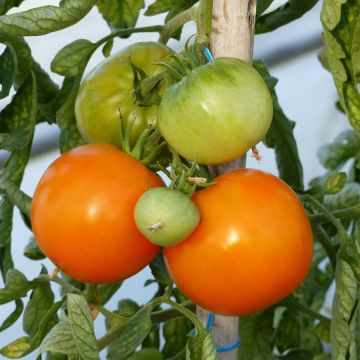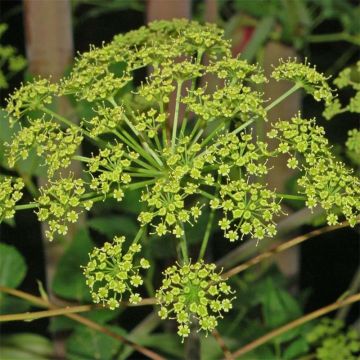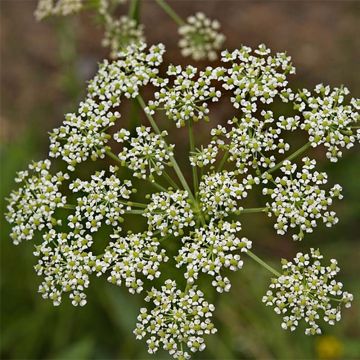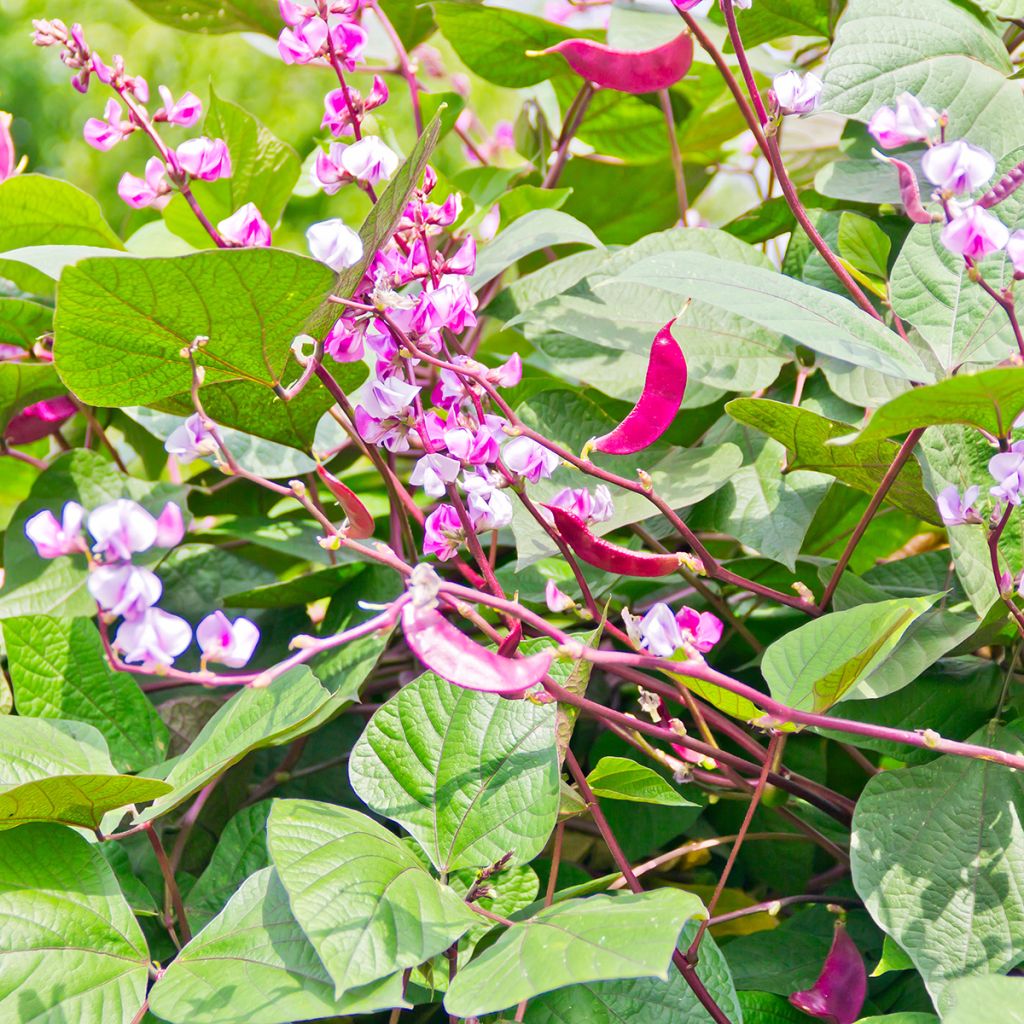

Dolichos lablab Seeds - Hyacinth Beans
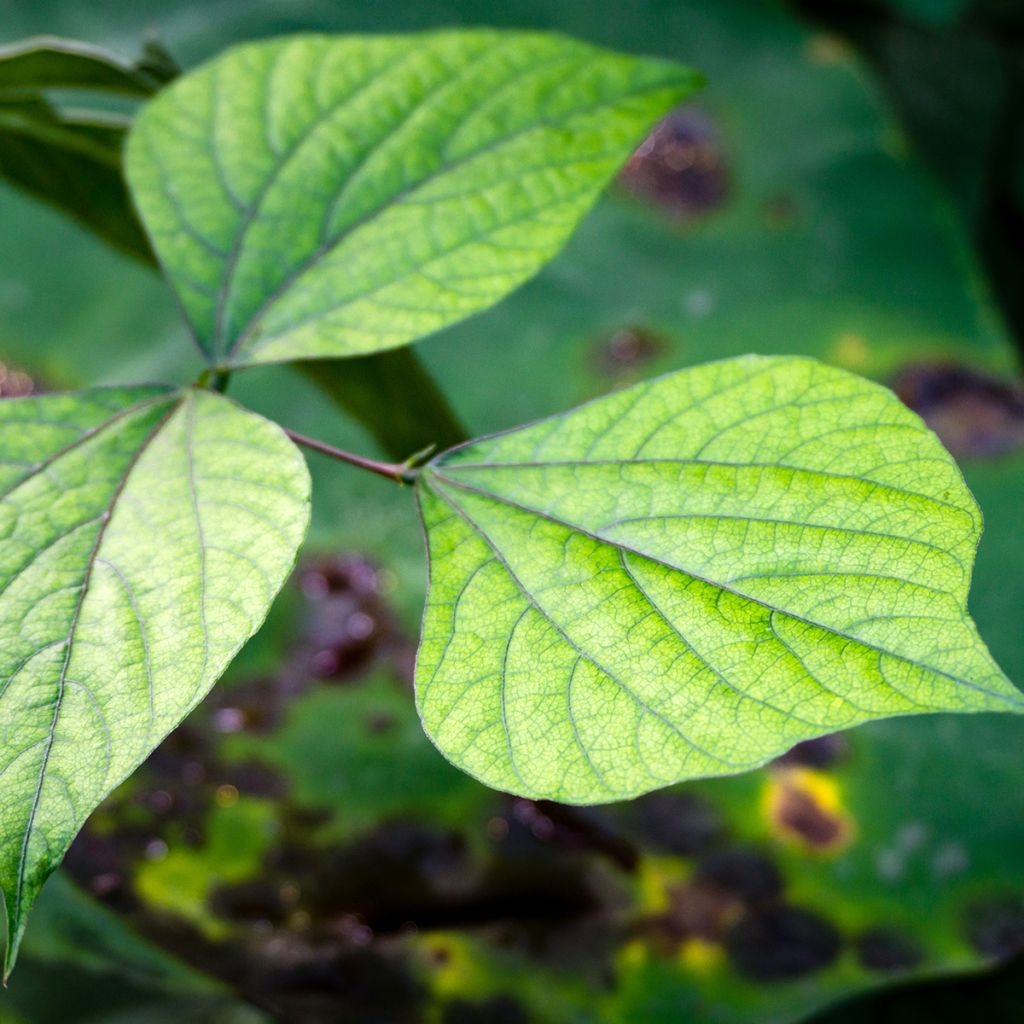

Dolichos lablab Seeds - Hyacinth Beans
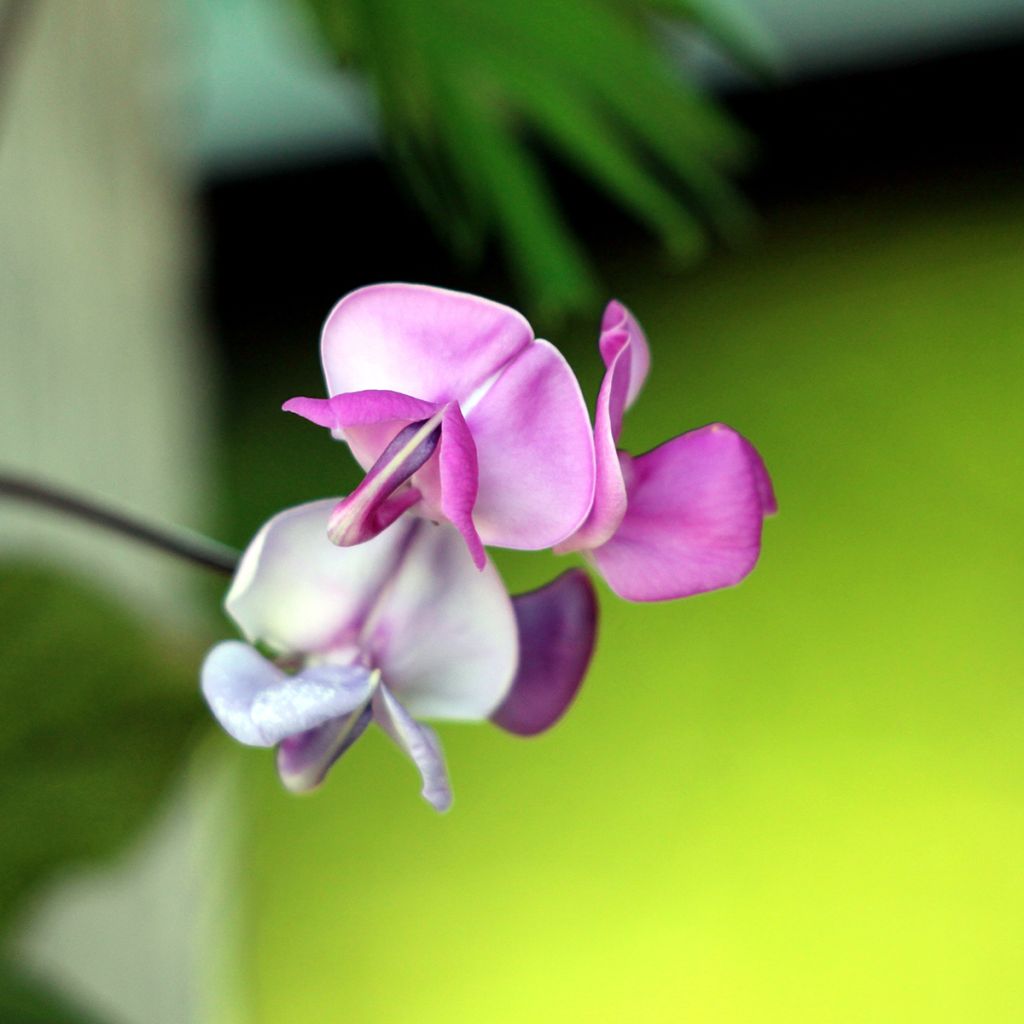

Dolichos lablab Seeds - Hyacinth Beans
Dolichos lablab Seeds - Hyacinth Beans
Dolichos lablab
Hyacinth Beans
Special offer!
Receive a €20 voucher for any order over €90 (excluding delivery costs, credit notes, and plastic-free options)!
1- Add your favorite plants to your cart.
2- Once you have reached €90, confirm your order (you can even choose the delivery date!).
3- As soon as your order is shipped, you will receive an email containing your voucher code, valid for 3 months (90 days).
Your voucher is unique and can only be used once, for any order with a minimum value of €20, excluding delivery costs.
Can be combined with other current offers, non-divisible and non-refundable.
Home or relay delivery (depending on size and destination)
Schedule delivery date,
and select date in basket
This plant carries a 6 months recovery warranty
More information
We guarantee the quality of our plants for a full growing cycle, and will replace at our expense any plant that fails to recover under normal climatic and planting conditions.
Description
The Dolichos lablab with green foliage, also known as Lablab purpureus or hyacinth bean, is an African climbing vegetable plant that is highly ornamental, edible, and resembles a climbing bean. In gardens, it is cultivated as an annual plant due to its rapid growth and fruiting. Its attractive bean-like foliage, beautiful clusters of fragrant pink and lilac pea flowers in summer, followed by shiny purple pods that are highly decorative, are the main features of this lovely plant. Hyacinth beans are perfect for quickly covering small wire fences, arches, trellises, or hiding unsightly views. They are low-maintenance and undemanding plants, very easy to grow in sunny, warm, and sheltered locations.
The Dolichos lablab, also known as the Indian bean, is a tender perennial climbing plant belonging to the bean family, Fabaceae. It is believed to originate from Central Africa, but it has been cultivated for a long time, particularly in East Africa and Asia as a vegetable plant and a source of fodder for livestock. In Europe, gardeners are mainly interested in its ornamental qualities. It is usually grown as an annual plant in open ground or in pots, although it is able to survive short frosts of around -7°C under a thick protective mulch. This small vine can tolerate any well-drained, sufficiently deep soil, even if it is chalky and poor.
The plant develops an extensive root system that can penetrate deep into the soil to access moisture. Its voluble stems can reach up to 5 metres in a single season. They naturally wrap around the support provided (stakes, wire mesh, trellis, shrubs). The stems bear large leaves divided into 3 strongly veined leaflets. The upper surface of the leaf blade is dark green, slightly veined with purple. Flowering begins approximately 5–6 weeks after sowing, as soon as the temperature exceeds 20°C, and lasts for almost 4 months. Numerous slender clusters of bicoloured pea-like flowers, pale pink and white, appear from July to September in the leaf axils. This pleasantly fragrant flowering attracts many insects and butterflies. The flowers are followed by short, wide, shiny purple pods. Inside, there are small dark seeds that can be harvested for sowing in the following spring.
The hyacinth bean is an original and ornamental plant that will find its place in ornamental gardens, as well as in pots to decorate terraces or balconies, or even alongside vegetables in the vegetable garden of a curious gardener. Its ornamental uses are similar to those of sweet peas, Spanish beans, and morning glories, which it complements well: let these annuals climb up a tall teepee, a wire fence, a small hut, or a trellis on a wall. While it has low water and nutrient requirements, the Lablab needs fairly long and hot summers to ripen its seeds.
In the kitchen:
Its foliage can be cooked and prepared like spinach. Its flowers can decorate salads and can also be cooked and added to stews. The pods should be harvested when very young (before they become fibrous) and can be prepared like green beans. The cooked or dried seeds can be ground into flour or paste for making fritters and cakes. As a precaution, it is highly recommended to cook them in two successive waters. Like beans, they can be harvested fresh, semi-dry, or dry. The hyacinth bean has interesting nutritional qualities due to its folate, magnesium, and potassium content.
Report an error about the product description
Dolichos lablab Seeds - Hyacinth Beans in pictures




Harvest
Plant habit
Foliage
Botanical data
Dolichos
lablab
Fabaceae
Hyacinth Beans
Central Africa
Annual
Other Vegetable seeds from A to Z
View all →Planting and care
For use as an annual plant, sow from March to May.
Sow in trays filled with good quality soil that you will sift on the surface to ensure good seed-to-substrate binding. Before sowing, lightly compact the soil with a board. Sow your seeds at a depth of 0.3 cm. Cover the seeds by sprinkling soil on top or using vermiculite, lightly compact and water generously with a fine rain. Place your tray in a well-lit area, without direct sunlight, at a temperature of 20°C to 25°C. Lower the temperature at night to 20°C to create beneficial germination alternation. Seed germination will take 5 to 14 days at 20-25°C. Once the seedlings have emerged, you can lower the temperature to between 15 and 20°C.
When the plants are ready to be handled, transplant them into 7.5 cm pots. Keep the soil moist, but not excessively, during growth. 15 days before their final planting, gradually acclimate them to a temperature of 15°C.
Cultivation:
By the end of May, the temperature in the garden will be warm enough to plant your young plants in simply well-prepared and loosened soil. Choose a location that is sunny, warm, and sheltered from strong winds. Space your plants 1m apart. You can also grow them in 25 cm diameter pots, which you will bring indoors during winter to protect them from frost in a cold greenhouse or slightly heated conservatory.
The Dolichos lablab does not require any fertiliser in open ground. It is no more difficult to grow than garden beans. Once the plant is well established in open ground, it generally does not need watering, except in cases of prolonged drought. This is particularly true if your climate allows it to be grown as a perennial in open ground. Its stump, installed in well-draining soil and protected by a thick mulch, is capable of surviving short frosts of around -7°C.
This plant does not have any specific enemies in our climate, apart from snails that can attack young plants. Make sure to protect them from snails.
Seedlings
Care
Intended location
Planting & care advice
This item has not been reviewed yet - be the first to leave a review about it.
Similar products
Haven't found what you were looking for?
Hardiness is the lowest winter temperature a plant can endure without suffering serious damage or even dying. However, hardiness is affected by location (a sheltered area, such as a patio), protection (winter cover) and soil type (hardiness is improved by well-drained soil).

Photo Sharing Terms & Conditions
In order to encourage gardeners to interact and share their experiences, Promesse de fleurs offers various media enabling content to be uploaded onto its Site - in particular via the ‘Photo sharing’ module.
The User agrees to refrain from:
- Posting any content that is illegal, prejudicial, insulting, racist, inciteful to hatred, revisionist, contrary to public decency, that infringes on privacy or on the privacy rights of third parties, in particular the publicity rights of persons and goods, intellectual property rights, or the right to privacy.
- Submitting content on behalf of a third party;
- Impersonate the identity of a third party and/or publish any personal information about a third party;
In general, the User undertakes to refrain from any unethical behaviour.
All Content (in particular text, comments, files, images, photos, videos, creative works, etc.), which may be subject to property or intellectual property rights, image or other private rights, shall remain the property of the User, subject to the limited rights granted by the terms of the licence granted by Promesse de fleurs as stated below. Users are at liberty to publish or not to publish such Content on the Site, notably via the ‘Photo Sharing’ facility, and accept that this Content shall be made public and freely accessible, notably on the Internet.
Users further acknowledge, undertake to have ,and guarantee that they hold all necessary rights and permissions to publish such material on the Site, in particular with regard to the legislation in force pertaining to any privacy, property, intellectual property, image, or contractual rights, or rights of any other nature. By publishing such Content on the Site, Users acknowledge accepting full liability as publishers of the Content within the meaning of the law, and grant Promesse de fleurs, free of charge, an inclusive, worldwide licence for the said Content for the entire duration of its publication, including all reproduction, representation, up/downloading, displaying, performing, transmission, and storage rights.
Users also grant permission for their name to be linked to the Content and accept that this link may not always be made available.
By engaging in posting material, Users consent to their Content becoming automatically accessible on the Internet, in particular on other sites and/or blogs and/or web pages of the Promesse de fleurs site, including in particular social pages and the Promesse de fleurs catalogue.
Users may secure the removal of entrusted content free of charge by issuing a simple request via our contact form.
The flowering period indicated on our website applies to countries and regions located in USDA zone 8 (France, the United Kingdom, Ireland, the Netherlands, etc.)
It will vary according to where you live:
- In zones 9 to 10 (Italy, Spain, Greece, etc.), flowering will occur about 2 to 4 weeks earlier.
- In zones 6 to 7 (Germany, Poland, Slovenia, and lower mountainous regions), flowering will be delayed by 2 to 3 weeks.
- In zone 5 (Central Europe, Scandinavia), blooming will be delayed by 3 to 5 weeks.
In temperate climates, pruning of spring-flowering shrubs (forsythia, spireas, etc.) should be done just after flowering.
Pruning of summer-flowering shrubs (Indian Lilac, Perovskia, etc.) can be done in winter or spring.
In cold regions as well as with frost-sensitive plants, avoid pruning too early when severe frosts may still occur.
The planting period indicated on our website applies to countries and regions located in USDA zone 8 (France, United Kingdom, Ireland, Netherlands).
It will vary according to where you live:
- In Mediterranean zones (Marseille, Madrid, Milan, etc.), autumn and winter are the best planting periods.
- In continental zones (Strasbourg, Munich, Vienna, etc.), delay planting by 2 to 3 weeks in spring and bring it forward by 2 to 4 weeks in autumn.
- In mountainous regions (the Alps, Pyrenees, Carpathians, etc.), it is best to plant in late spring (May-June) or late summer (August-September).
The harvesting period indicated on our website applies to countries and regions in USDA zone 8 (France, England, Ireland, the Netherlands).
In colder areas (Scandinavia, Poland, Austria...) fruit and vegetable harvests are likely to be delayed by 3-4 weeks.
In warmer areas (Italy, Spain, Greece, etc.), harvesting will probably take place earlier, depending on weather conditions.
The sowing periods indicated on our website apply to countries and regions within USDA Zone 8 (France, UK, Ireland, Netherlands).
In colder areas (Scandinavia, Poland, Austria...), delay any outdoor sowing by 3-4 weeks, or sow under glass.
In warmer climes (Italy, Spain, Greece, etc.), bring outdoor sowing forward by a few weeks.































